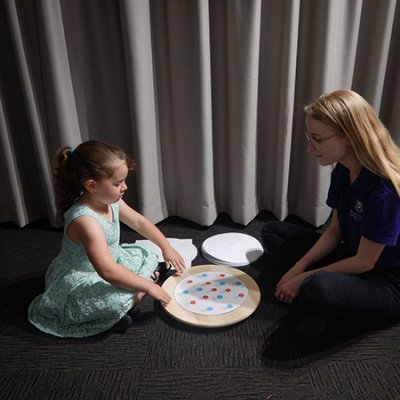An Australian scientist born in the Netherlands has been given a lifetime honour by a European organisation in recognition of his outstanding achievements in life sciences.
9 July 2020Two University of Queensland environmental scientists have been named 2020 Australian Laureate Fellows.
9 July 2020A novel rapid cancer diagnostic technology with the potential to quickly and easily detect cancer has been licensed for further development.
9 July 2020Increasing the levels of a chemical found in all human cells could boost a woman’s fertility and help select the best eggs for IVF, according to University of Queensland research.
8 July 2020Artificial watering points in rangelands are posing an increasing threat to surrounding biodiversity long after the removal of livestock, according to University of Queensland research.
7 July 2020Sterile water injections provide effective pain relief for women with labour back pain, according to University of Queensland-led research.
6 July 2020A team of scientists has warned that the UN Sustainable Development Goals (SDGs), designed to bring together environmental protection and socioeconomic development, are failing to protect biodiversity.
6 July 2020A portable MRI device which could offer safe diagnostic imaging to patients who are unable to be moved, travel or have medical implants is a step closer following a $1 million federal government grant.
3 July 2020The University of Queensland remains the only Australian university to have at least four subjects ranked in the top 10 worldwide in the prestigious ShanghaiRanking's Global Ranking of Academic Subjects (ARWU) 2020.
3 July 2020New research from The University of Queensland has found that women who have hot flushes and night sweats after menopause are 70 per cent more likely to have heart attacks, angina and strokes.
2 July 2020Serving in East Timor was a positive experience for most of the 1200 Australian Defence Force personnel surveyed by University of Queensland researchers.
29 June 2020It only takes a moment to fall off a ladder, but the psychological impacts are long-lasting, particularly for older males.
29 June 2020The humble marine sandworm may help in the hunt for a new class of antibiotics after UQ researchers improved a molecule in the sand-dwelling animal which kills superbugs.
26 June 2020Ultra-rapid genetic testing can transform the diagnosis and treatment of critically ill children with suspected genetic conditions, according to an Australian Genomics study.
25 June 2020A major clinical trial has found the drug Allopurinol does not prevent worsening of kidney disease.
25 June 2020The University of Queensland Business School is working with the Australian Defence Force (ADF) to address the growing challenges created by artificial intelligence (AI) and machine learning.
24 June 2020Artificial intelligence (AI) improved skin cancer diagnostic accuracy when used in collaboration with human clinical checks, an international study including University of Queensland researchers has found.
24 June 2020Antibiotics discovered at The University of Queensland will be fast-tracked under a $A16 million international research deal.
23 June 2020A global study on mental health has found approximately one in five teenagers experience thoughts of suicide or anxiety.
22 June 2020The human tendency to make thinking a little easier by using external objects or actions – known as cognitive offloading – begins at an early age, according to research from The University of Queensland.
22 June 2020- ‹ previous
- 78 of 723
- next ›

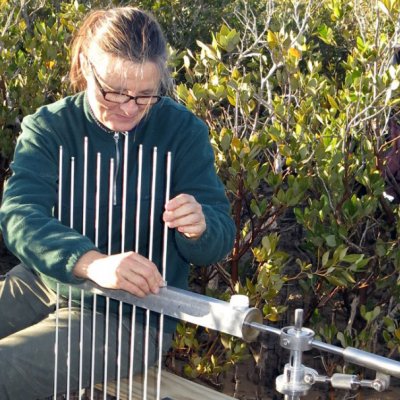
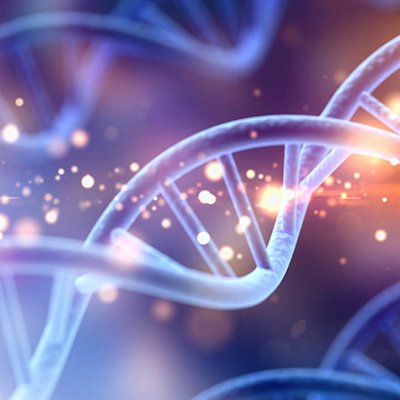
.jpg?itok=kZZXPT2m)

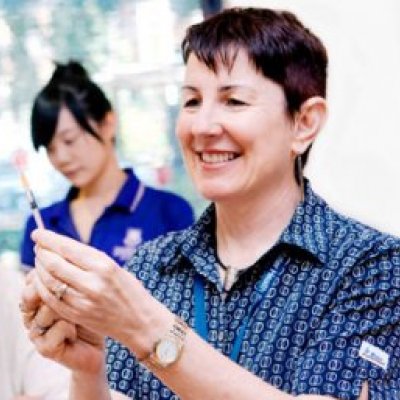
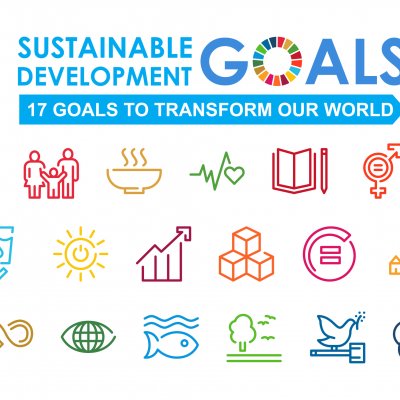
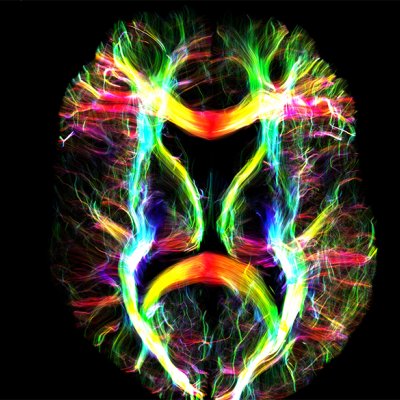
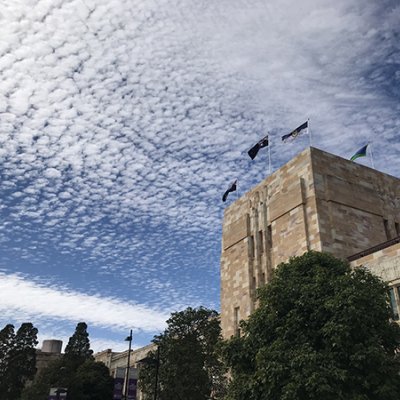
.jpg?itok=JJJrqUUG)


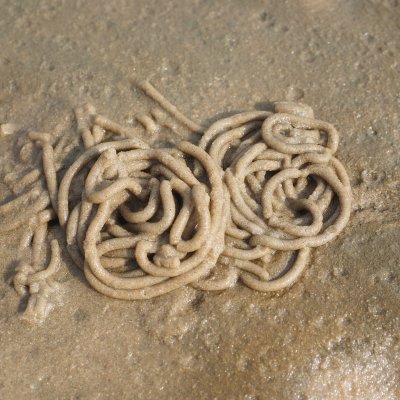
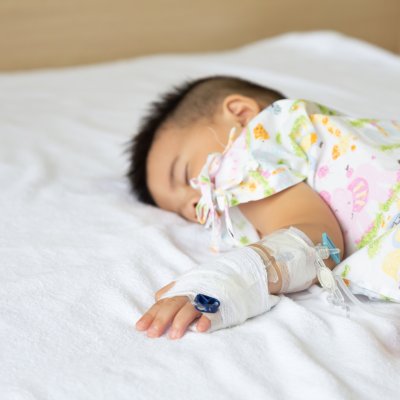
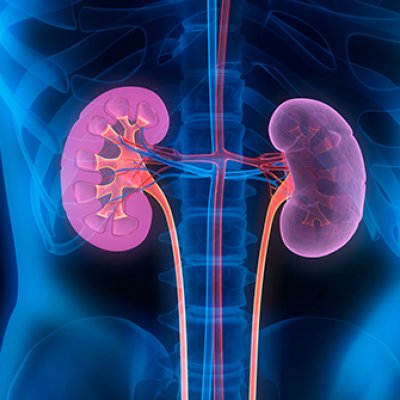


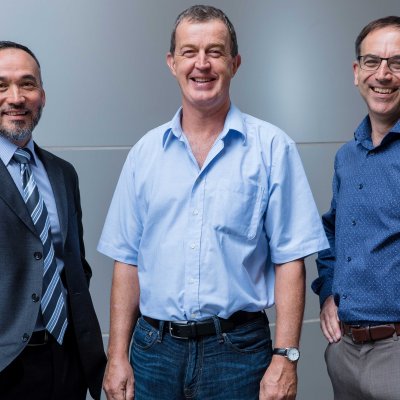
.jpg?itok=-2NOK6kZ)
